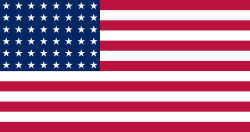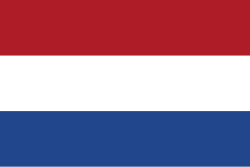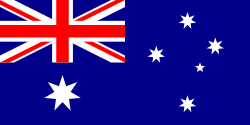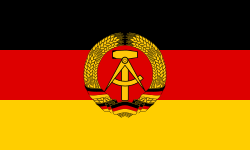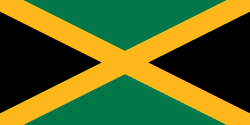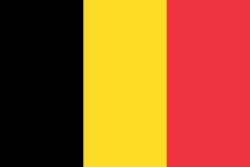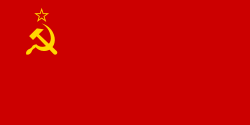Annegret Richterová
| Annegret Richterová | |
|---|---|
| Narození | 13. října 1950 (72 let) Dortmund |
| Povolání | atletka a sprinterka |
| Ocenění | Záslužný řád Severního Porýní-Vestfálska (1988) Stříbrný vavřínový list |
| Některá data mohou pocházet z datové položky. Chybí svobodný obrázek. | |
| Přehled medailí | ||
|---|---|---|
| zlato | LOH 1972 | štafeta 4 × 100 m |
| zlato | LOH 1976 | běh na 100 m |
| stříbro | LOH 1976 | běh na 200 m |
| stříbro | LOH 1976 | štafeta 4 × 100 m |
| Mistrovství Evropy v atletice | ||
| zlato | ME 1971 | štafeta 4 × 100 m |
| stříbro | ME 1974 | štafeta 4 × 100 m |
| Halové mistrovství Evropy | ||
| bronz | HME 1971 | běh na 60 m |
| stříbro | HME 1972 | běh na 50 m |
| zlato | HME 1973 | běh na 60 m |
Annegret Richterová rozená Irrgangová (* 13. října 1950, Dortmund) je bývalá západoněmecká atletka, sprinterka, čtyřnásobná olympijská medailistka.
V roce 1973 se stala v Rotterdamu halovou mistryní Evropy v běhu na 60 metrů.
Osobní rekordy
V roce 1976 se stala v Montrealu olympijskou vítězkou v běhu na 100 metrů. Již v semifinále však zaběhla trať v novém světovém a olympijském rekordu, jehož hodnota byla 11,01.[1] Rekord překonala 1. července 1977 v Drážďanech Marlies Göhrová časem 10,88. [2]
- 100 m - (11,01 s - 25. července 1976, Montreal)
- 200 m - (22,39 s - 28. července 1976, Montreal)
Odkazy
Reference
- ↑ Kompletní výsledky běhu na 100 m žen na LOH 1976
- ↑ Vývoj světového rekordu v běhu na 100 m (ženy - dráha). www.athletix.org [online]. [cit. 14-04-2010]. Dostupné v archivu pořízeném dne 19-09-2008.
Externí odkazy
- Annegret Richterová na stránkách IAAF (anglicky)
- Annegret Richterová v databázi Olympedia (anglicky)
Média použitá na této stránce
Olympic Rings without "rims" (gaps between the rings), As used, eg. in the logos of the 2008 and 2016 Olympics. The colour scheme applied here was specified in 2023 guidelines.
Olympic Rings without "rims" (gaps between the rings), As used, eg. in the logos of the 2008 and 2016 Olympics. The colour scheme applied here was specified in 2023 guidelines.
The Canadian Red Ensign used between 1921 and 1957.
This image has compared for accuracy (mainly colors) using an image from World Statesmen. The only change is making the maple leaves green from red. This image has compared for accuracy (mainly colors) using an image from World Statesmen. The most recent version of this image has changed the harp into one with a female figure; see [http://flagspot.net/flags/ca-1921.html FOTW
US Flag with 48 stars. In use for 47 years from July 4, 1912, to July 3, 1959.
Flag of Second Polish Republic and later People's Republic of Poland in period from March 29, 1928 to March 10, 1980. Red shade used here is HTML "vermilion" #E34234. Proportion 5:8.
Flag of Second Polish Republic and later People's Republic of Poland in period from March 29, 1928 to March 10, 1980. Red shade used here is HTML "vermilion" #E34234. Proportion 5:8.
Flag of Jamaica. “The sunshine, the land is green, and the people are strong and bold” is the symbolism of the colours of the flag. GOLD represents the natural wealth and beauty of sunlight; GREEN represents hope and agricultural resources; BLACK represents the strength and creativity of the people. The original symbolism, however, was "Hardships there are, but the land is green, and the sun shineth", where BLACK represented the hardships being faced.
The civil ensign and flag of Belgium. It is identical to Image:Flag of Belgium.svg except that it has a 2:3 ratio, instead of 13:15.
Flag of the NSDAP during 1920 to 1945. Used to accompany File:Flag of German Reich (1933–1935).svg as National and commercial flag during 1933 to 1935.


